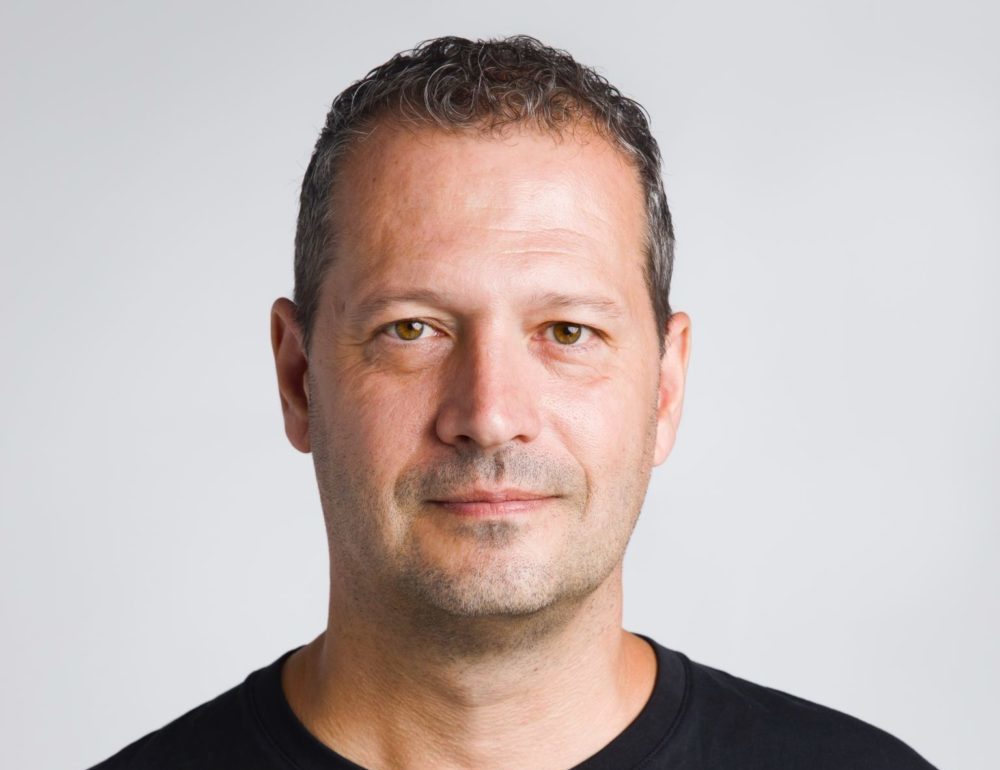A few weeks ago, I interviewed Soylent CEO Demir Vangelov for the Future Food podcast. Soylent is best known for its meal replacement drinks, which were seen as being a hit with many busy entrepreneurs and venture capitalists – though not necessarily a majority of them, as several of those who’ve previously appeared on Future Food might attest.
A somewhat controversial category on the podcast’s ‘hot or not’ rounds, multiple guests responded negatively to the concept of replacing meals with a drink like Soylent.
The future of food will involve more science, more sustainability, and more transparency – read Vangelov’s guest commentary for AFN here
But Soylent appears to have taken this on board. In recent years, it started marketing itself a ‘nutrition company,’ with a small but growing number of product lines made entirely from plants.
Perhaps as a result of this strategic shift, Soylent became profitable in mid-2020. All of this roughly coincided with Vangelov’s appointment as CEO nearly two years ago; he’d previously served as both the company’s chief financial officer and chief operating officer, starting 2018.
Vangelov has a background in food and media, and worked at one of the first almond milk companies out there, Califia Farms. In this Future Food episode, he discusses the company’s shift towards middle America, and his views on the future of plant-based eating.
Listen to the podcast below, or on your favorite podcasting app:





